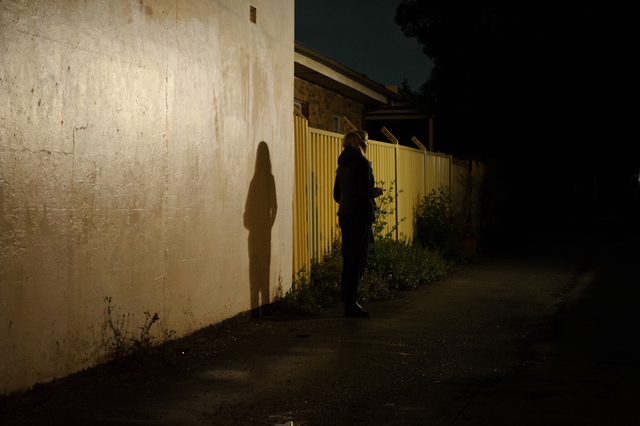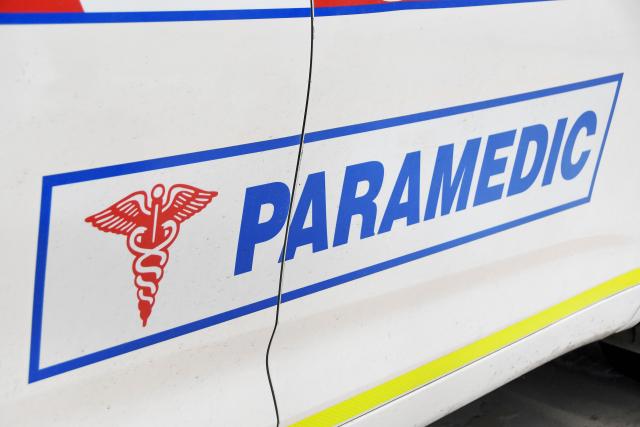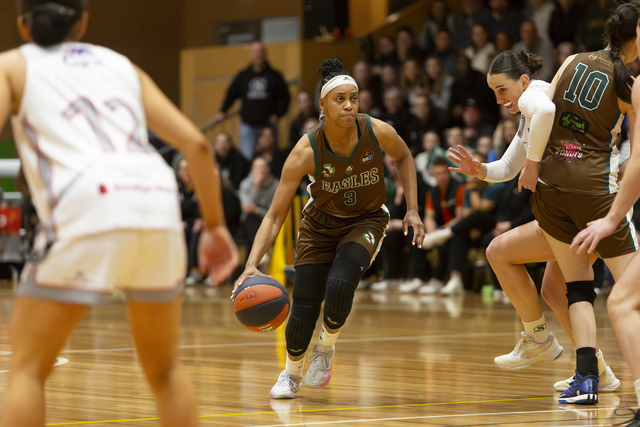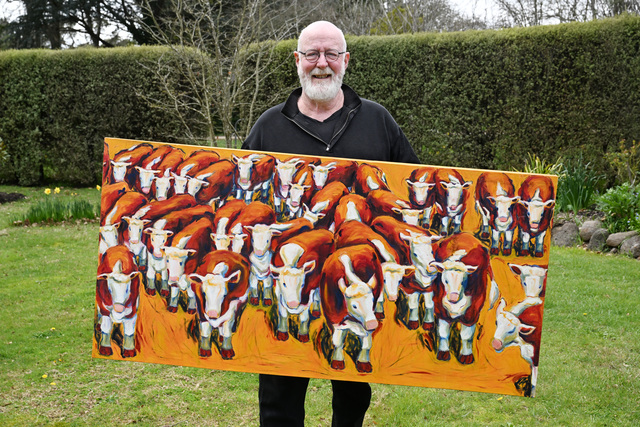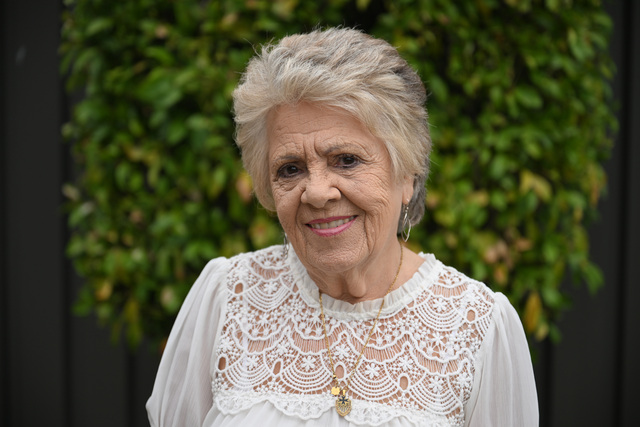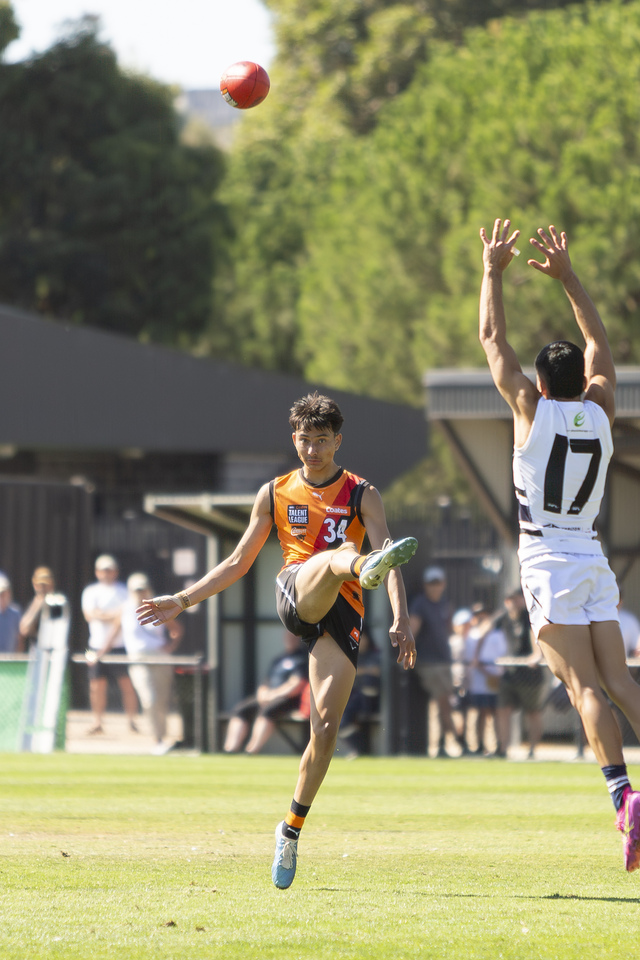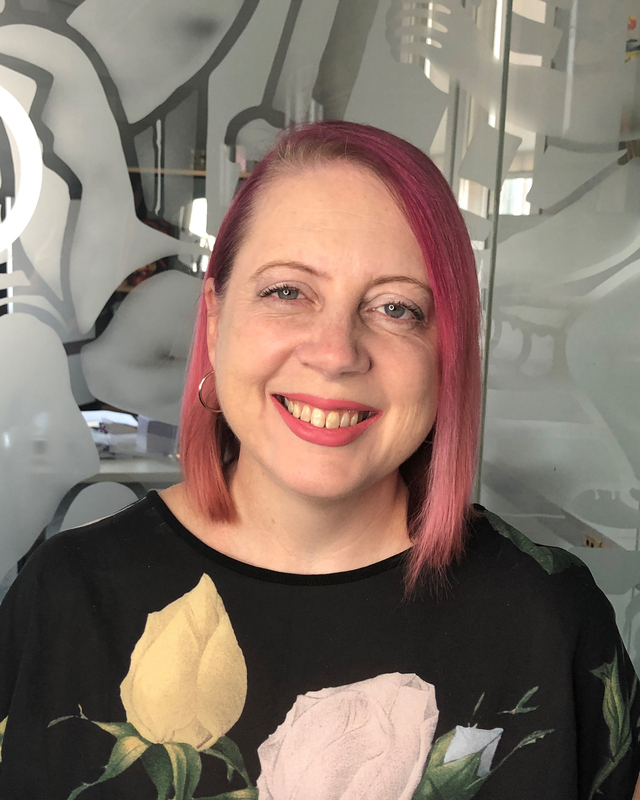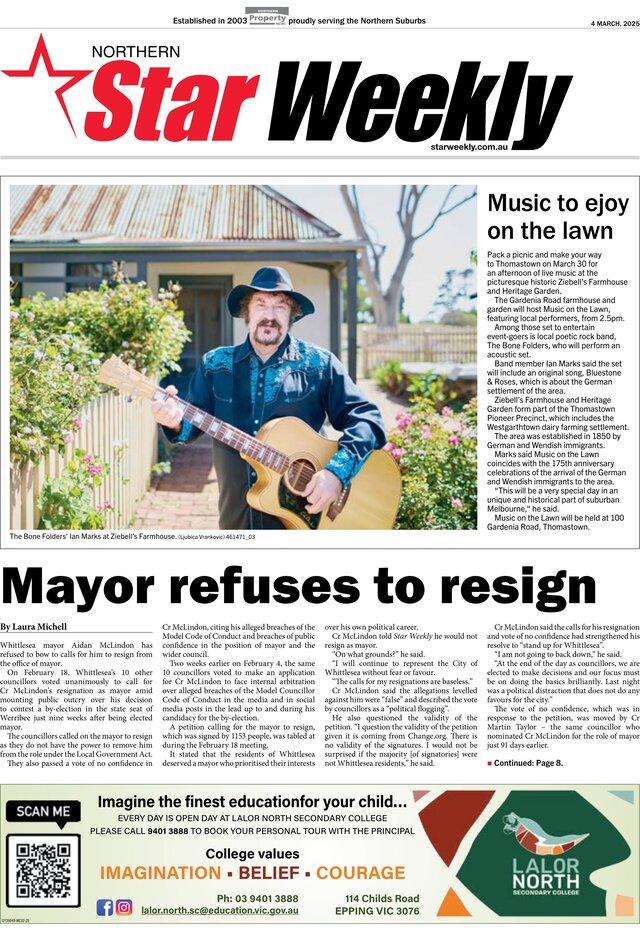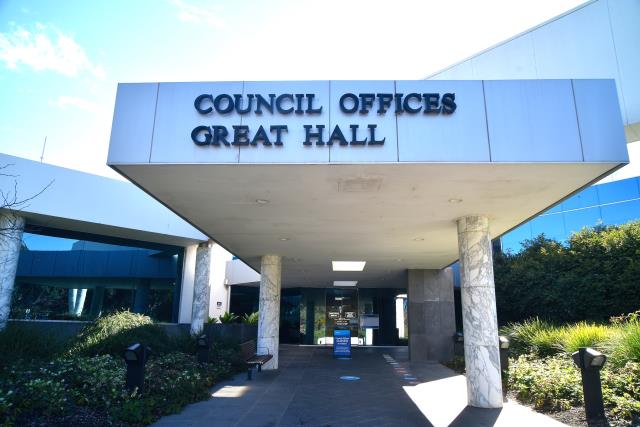The large insurance companies paying out the entire $500 million Black Saturday settlement are determined to remain secret, despite calls for greater transparency following the landmark trial.
Power company AusNet Services will use its bushfire liability insurance to cover its $378 million share of Australia’s largest-ever class action settlement. The remaining amount is being covered by insurance companies for the Victorian government and UAM, the maintenance contractor.
The pay-out will be awarded to the 10,000 victims of the Kilmore East-Kinglake bushfire, which was started in February 2009 by an AusNet Services power line.
But the company, which changed its name from SP AusNet after finalising the deal last month, refuses to identify who is covering its majority share of the pay-out. Its insurers have never been disclosed to the stock market or revealed during the trial, which ran for 15 months before a settlement was reached.
Fairfax Media understands, however, that AusNet Services is using a consortium of insurers stitched together in a policy held locally rather than through its parent company Singapore Power International (SPI).
One of the insurers involved in the scheme indicated the coverage is spread among several large firms through insurance broker Marsh, but those involved in the consortium don’t even know who else is involved.
The secrecy has raised concerns among bushfire survivors, lawyers and unions, who want these insurers to pressure the company into reforming its practices.
Both the United Firefighters Union and the Electrical Trades Union said the public had a right to know who was paying for the settlement.
‘‘The lack of accountability and transparency from these foreign government-owned electricity suppliers is a real issue,’’ said ETU state secretary Troy Gray.
‘‘If it’s a case that all we learn from Black Saturday is our insurance premiums go up, then we’re just setting ourselves up for another disaster.’’
AusNet Services argued during the trial that its spending on safety was ‘‘constrained’’ by both a regulatory obligation focused on price and reliability and the demands of its shareholders to achieve a good return on investment.
Lead plaintiff Carol Matthews, who lost her son and family home in the Kilmore fire, said she was offended by the company’s attitude.
‘‘I find it unthinkable that the primary concern of SP AusNet was not for the survivors and the 119 lives that were lost, but purely to try and reduce their liability regarding the fire that was completely preventable,’’ she said.
Maurice Blackburn principal Andrew Watson said the settlement should be an opportunity for insurers to demand higher safety standards from AusNet Services.
‘‘What we hope is, regardless of their failure to admit as part of this settlement, they take on board some of the aspects of the criticisms we made of their procedures and factor that into their future operations,’’ he said.
A senior business analyst said his firm had been trying to find out for years how the company structured its bushfire liability coverage. ‘‘We would love to know,’’ he said.
AusNet Services spokeswoman Sarah Ward said its insurance coverage was considered ‘‘commercial in confidence’’.
Marsh declined to comment. The Insurance Council of Australia also declined to get involved.

